Spending Time: The Most Valuable Resource
by Daniel Hamermesh
“Life is hectic,” writes labour economist Daniel Hamermesh at the beginning of chapter 13 of Spending Time: The Most Valuable Resource. In the book, he explores why this is so, in what way it is so and what, potentially we could do about it.
When I saw Oxford University Press had published a book called Spending Time by the distinguished economist Daniel Hamermesh, I couldn’t wait to get my hands on it. Both my husband and I are finding life so busy at the moment, we can barely think. And we’re not unique. Not only are all our friends very busy, but I’ve even heard a Syrian friend, who is a refugee, explaining to another Syrian friend that, ‘You have to get used to life in the UK. It’s very busy. It’s not easy here, like in Syria.’
What insights could Daniel Hamermesh—who, in addition to being an excellent economist, likes to joke and doesn’t take life too seriously—have to say about this phenomenon? The most important point that Spending Time makes, which is not a new one, but key, is that just like money, time is a scarce resource. The difference is that while incomes have been going up around the world, there are still just 24 hours in the day. As Hamermesh says in chapter one, “the amount of time that we can expect to enjoy over our lives—a total of about forty-two million minutes—is not that much higher than it was fifty years ago . . . We have more dollars per minute of life than you grandparents did—a lot more. And that means that time is scarcer for us—it has become more valuable.”
And there you have the economist’s way of approaching the subject of time. It’s not Proust, but it’s insightful and—perhaps—more practically useful. In Spending Time, using data sets from a number of developed countries, Hamermesh reveals how we spend most of our time on the ‘Big Three’: sleeping, working for pay, and watching TV. It’s not exactly uplifting, but that seems to be what a human being in the modern era, in a rich country, does. Hamermesh looks at different ethnic groups within the US, different times of life, different marital statuses and the differences between rich and poor. If you’re single, you sleep more. The richer you are, the more stressed you are likely to be.
Hamermesh is unusual in that he is both a leading economist—in the top 200 most cited in the world—but has also taught a lot of freshman classes, so really tries to find ways to explain the subject to the layperson. He has funny lines to demonstrate how time constraints work: for example, how “You can pay for someone to have sex with you” but “you can’t pay somebody to have sex for you.”
Such lightness of tone sometimes make it feel as if Hamermesh is not making a serious point. In fact, the underlying message about time-stress seems deadly serious to me. It’s undermining our well-being and unless we intervene, it’s it’s only going to get worse in future, for our children and grandchildren. As Hamermesh says when he finishes the book with some policy proposals, “It is time to begin talking about them now.”
 Sophie Roell, Five Books Editor
Sophie Roell, Five Books Editor
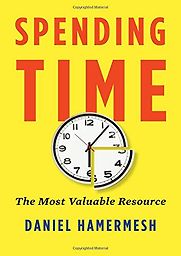
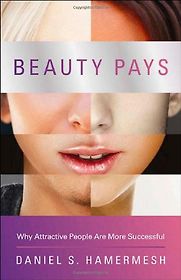
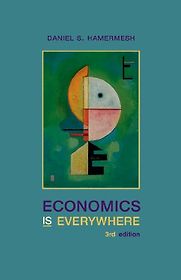
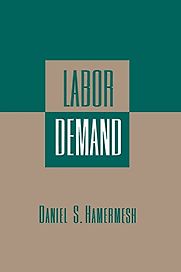





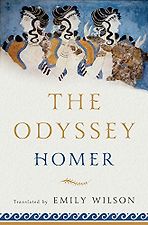
Five Books review